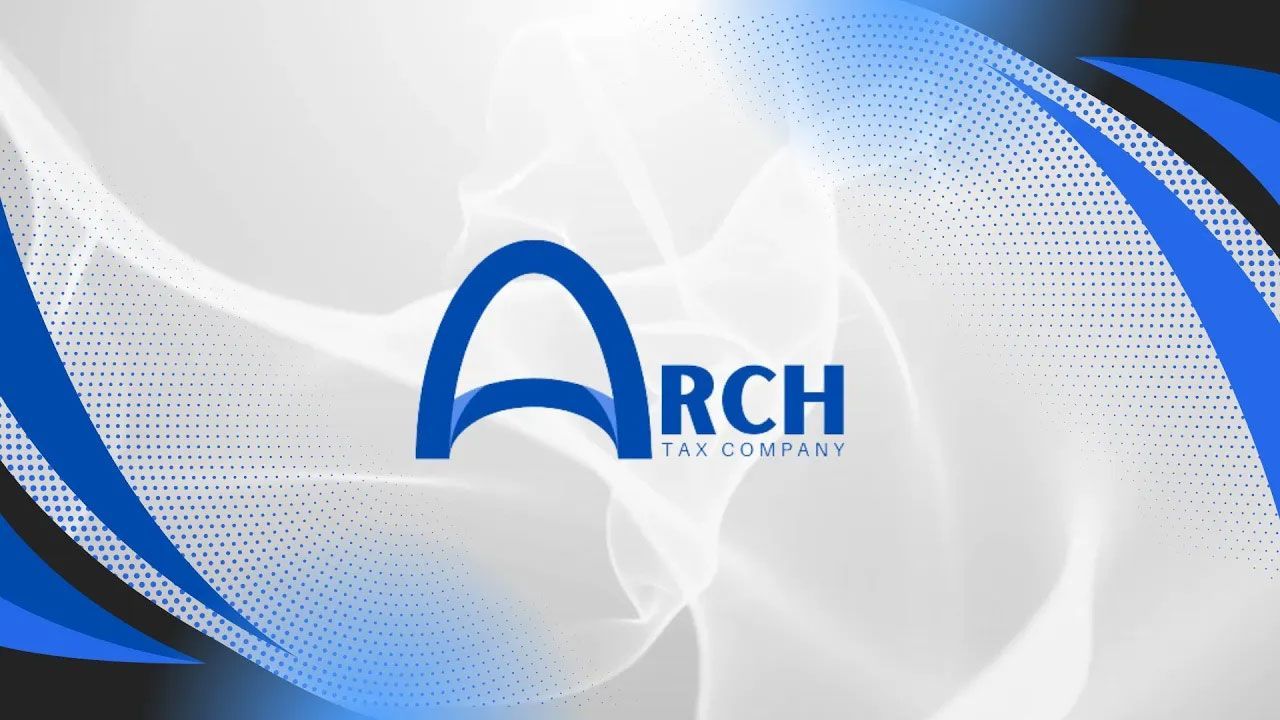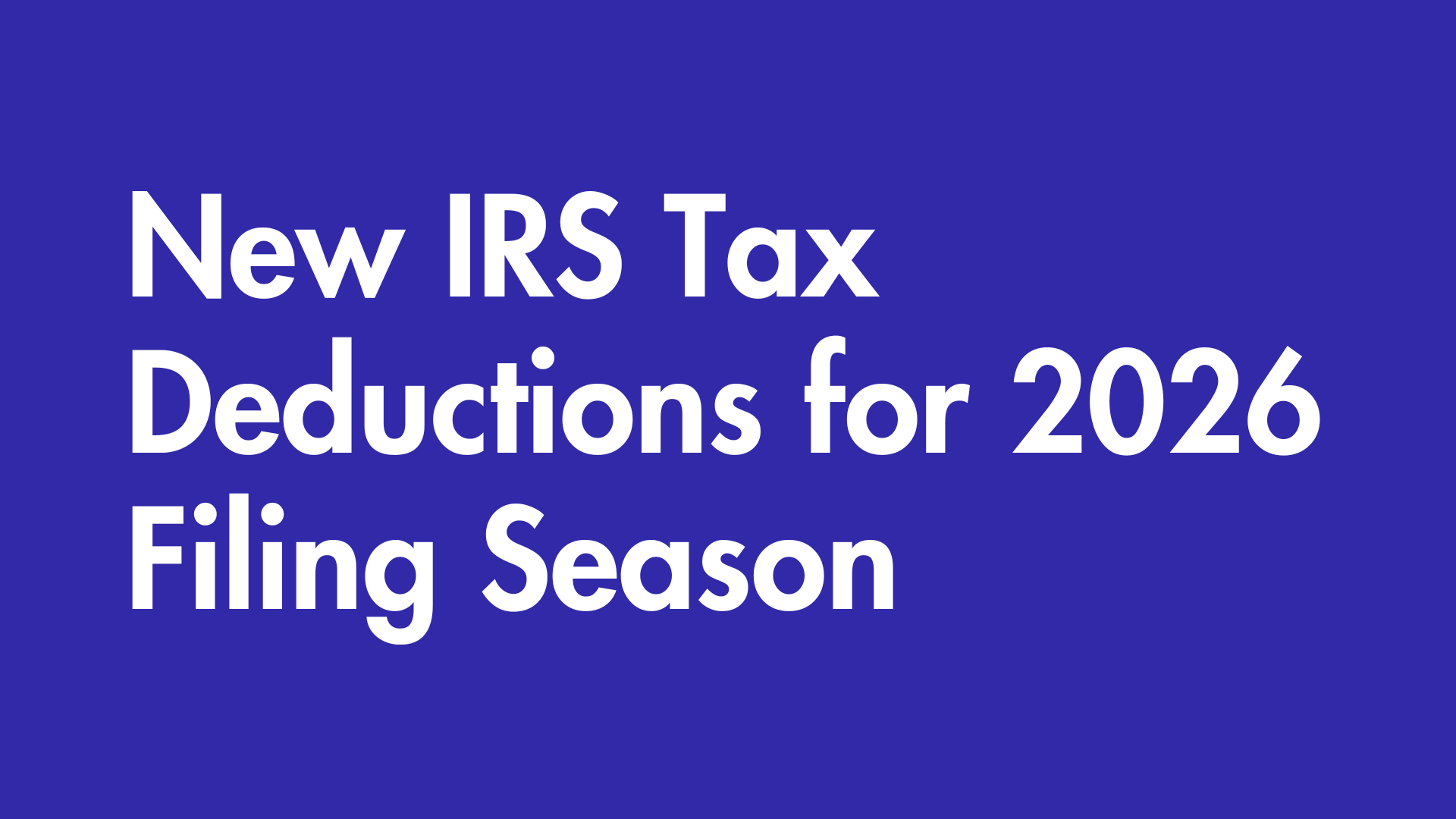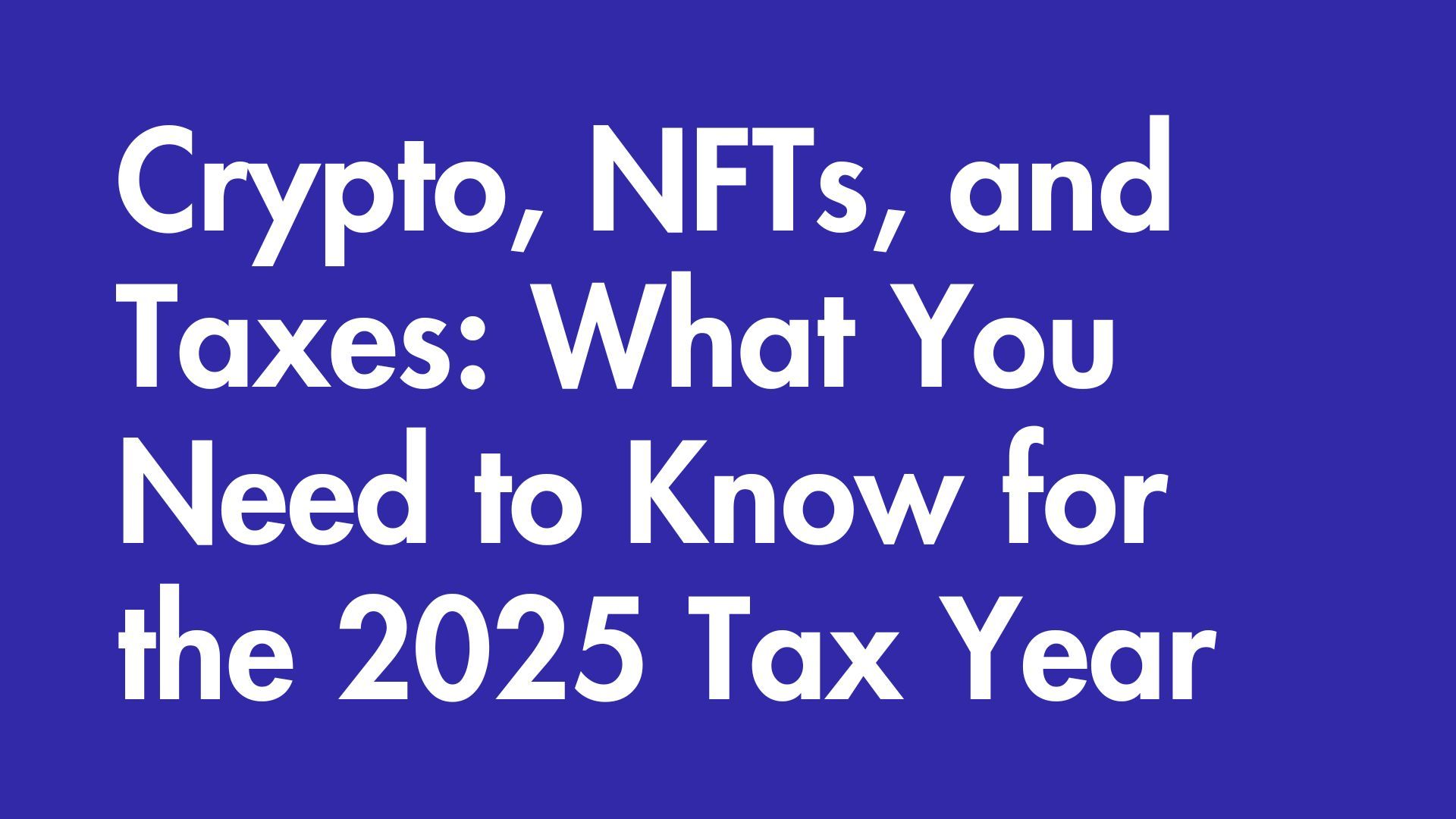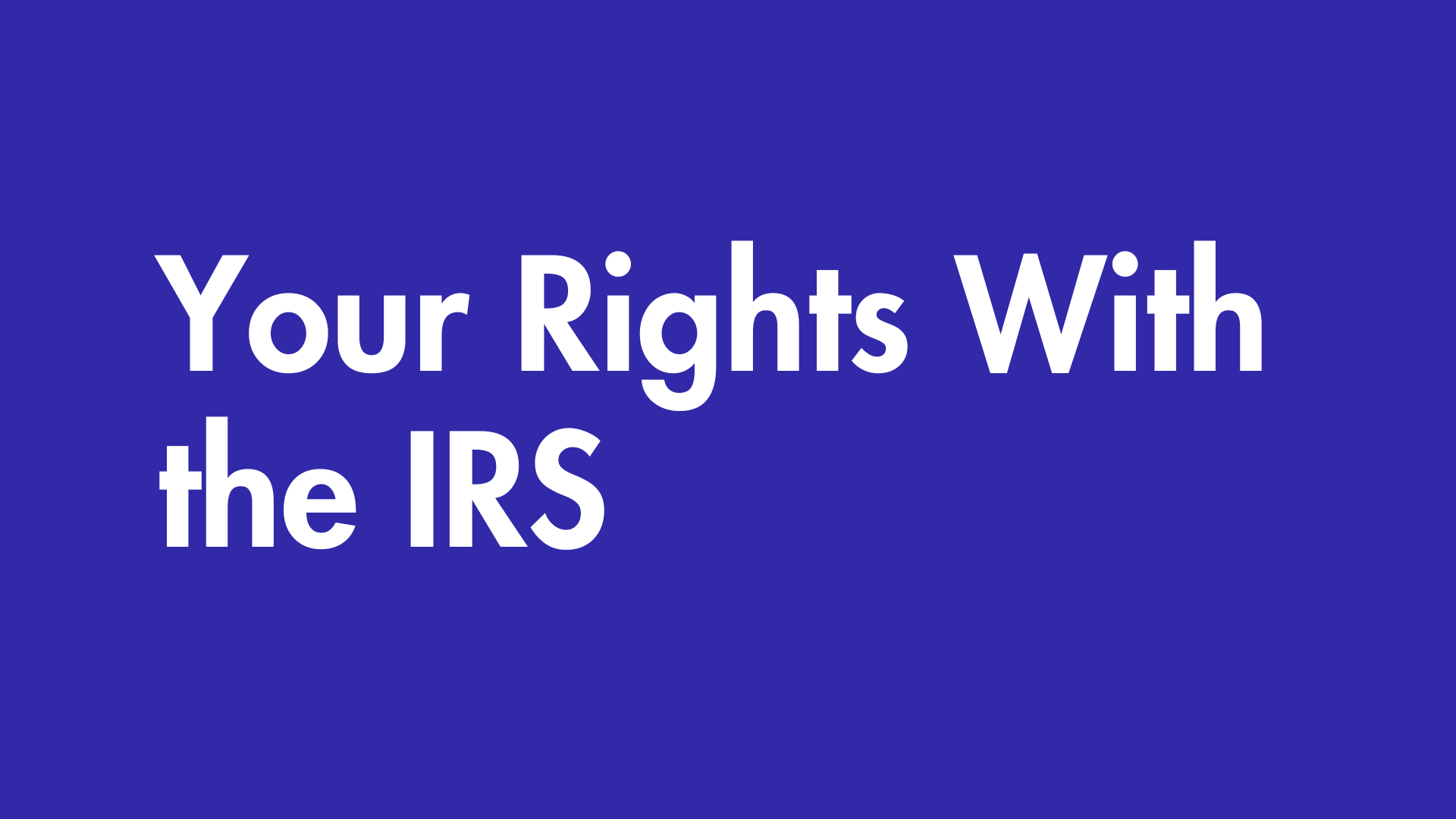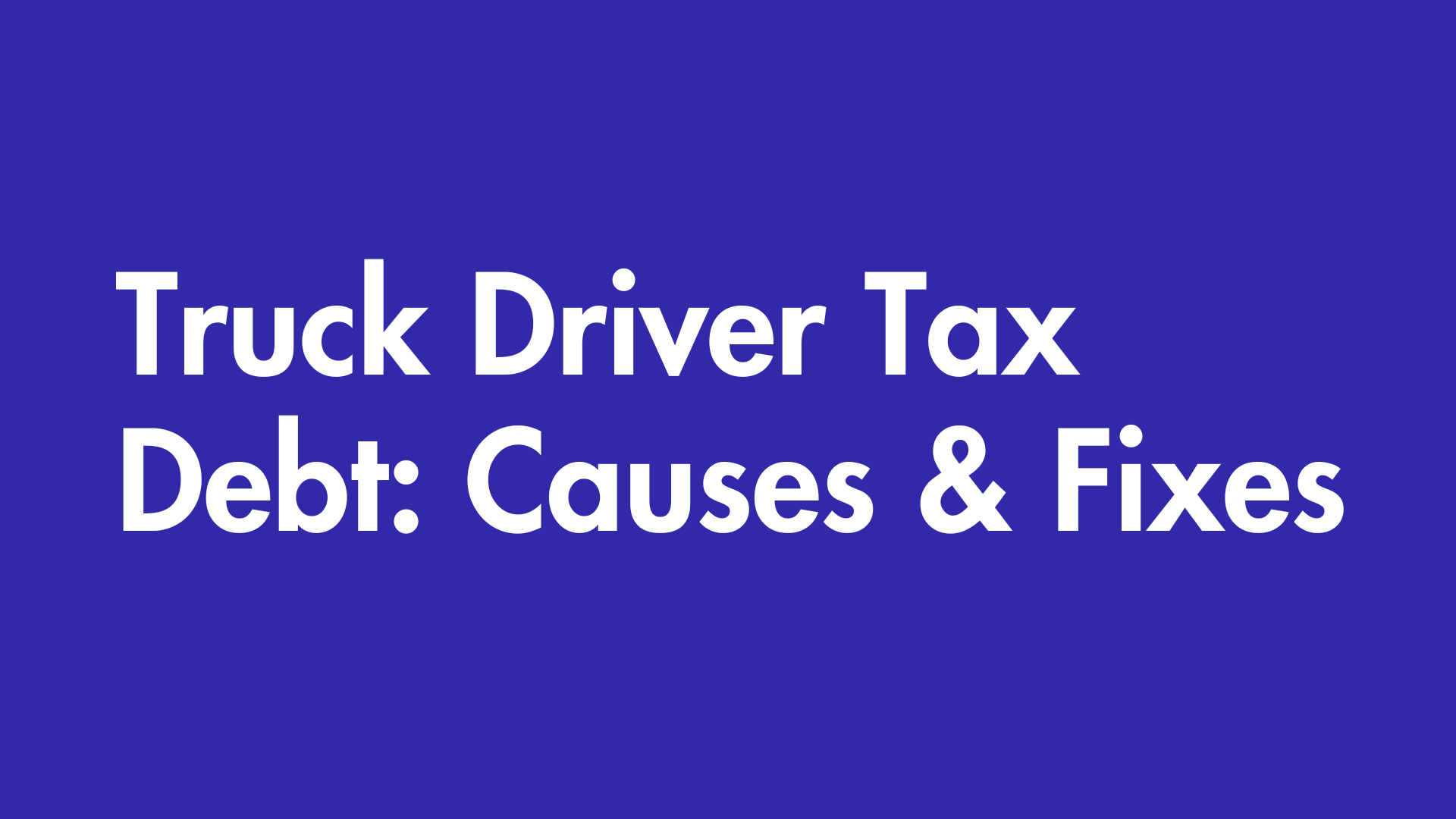Business Setup Made Easy: EIN, Entity Type, and Registration Explained
Thinking of starting a business but feeling overwhelmed by all the paperwork and legal jargon? You’re not alone. At Arch Tax, we help new business owners simplify the process so they can launch with confidence and clarity.
To make things easier, we put together a short video that walks you through the basics of setting up your business — from getting your EIN to registering with the state.
Step 1: Get Your EIN (Employer Identification Number)
Your EIN is essentially your business's Social Security Number. It’s required for taxes, hiring employees, and opening a business bank account. You can apply online directly with the IRS — it takes 10 minutes or less.'
Step 2: Choose the Right Entity Type
You’ll need to decide what kind of business structure fits your goals:
- Single-member LLC – Simple and flexible for solopreneurs
- Multi-member LLC or Partnership – Ideal for co-owners
- S-Corp – Can save on self-employment tax with the right setup
- C-Corp – Great for businesses planning to raise capital or scale big
We recommend speaking with a tax professional before locking in your decision.
Step 3: Register Your Business With the State
Every state has a different registration process, but most can be completed online. Be cautious of third-party sites — always register directly through your state’s official government website.
Step 4: Open a Business Bank Account
Once you’ve secured your EIN and Articles of Organization/Incorporation from the state, you’ll be ready to open your business bank account. This is crucial for keeping personal and business finances separate.
Looking Ahead
As your business grows, consider:
- How you’ll handle bookkeeping and finances
- Whether you’ll have W-2 employees or contractors
- What tax forms you’ll need to file each year
Need Help?
We’re here to answer your questions and guide you through the setup process. Feel free to
schedule a free consultation with us if you are ready to start your own business and need help choosing the right entity.

